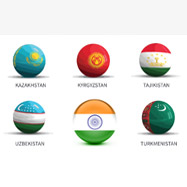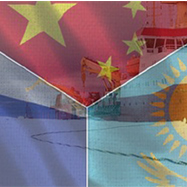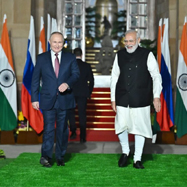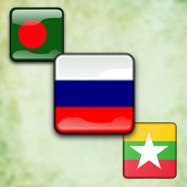Looking North Towards Eurasia
While India may not be a major actor in Central Asia yet it remains an important vector in the regional calculus of the Central Asian Republics. India’s multi-alignment should hold it in good stead in navigating the opportunities and challenges in a region which lies at a proverbial stone’s throw from New Delhi.
- Rajorshi Roy
- January 27, 2022












